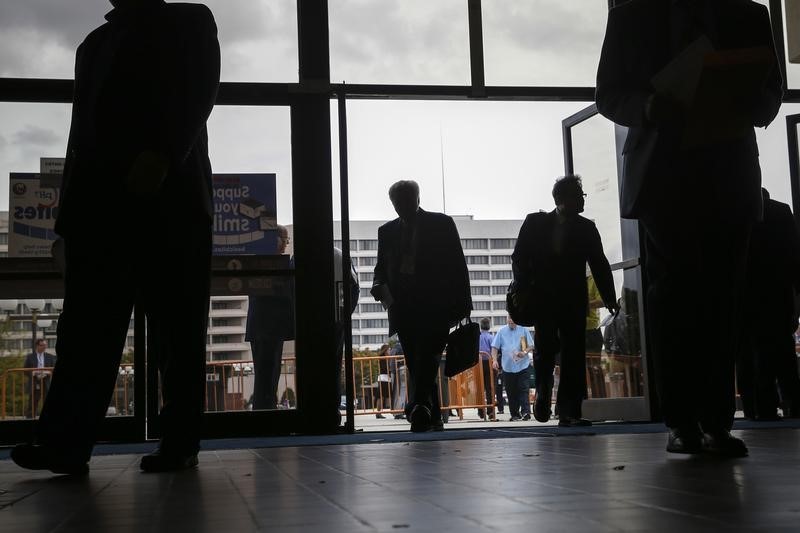Headline: Latin America Watches Closely as U.S. Elections Impact Trade Dynamics
As November 5 approaches, Latin America is closely monitoring the potential impact of the U.S. presidential election on regional trade and customs tariffs. The election pits Vice President Kamala Harris against former President Donald Trump and could have significant implications for the region's economies.
Trade and customs tariffs, alongside the impact of U.S. monetary policy on global interest rates, are seen as the primary channels through which the election might affect Latin American markets. The ongoing economic tensions between the U.S. and China are particularly significant for countries like Mexico and Brazil, with the potential for increased volatility depending on the election outcome.
A Trump victory is expected to bring major changes, putting pressure on currencies and central banks in the region. However, countries with strong ties to commodities or China might be less affected. Trump has proposed high tariffs, like a 200% tariff on vehicles imported from Mexico, and has indicated he would use the USMCA's termination clause to renegotiate terms more favorable to the U.S.
An analyst at Vontobel Asset Management noted that a Trump presidency could lead to stricter scrutiny of trade rules with Mexico, resulting in increased volatility in Mexican asset prices. Lazard pointed out that Trump's proposed universal 10% tariff could be used as a tool to influence other policy areas, such as immigration. This could have significant implications for Central American economies heavily reliant on remittances.
Conversely, a Harris victory would likely see a reduction in tariff risks, potentially creating better growth and investment conditions in the U.S., which could benefit emerging market assets. While Mexico's industrial export economy could face challenges under a Trump administration, commodity-exporting countries might gain from shifts in trade dynamics.
Trump's running mate, Senator JD Vance, proposed a 10% tax on remittances to the U.S., which could severely impact countries like Honduras and El Salvador, where these funds make up a significant portion of GDP. Mexico, as the region's largest recipient of remittances, could see a reduction of over $6 billion annually based on these measures.
During the 2018 trade disputes, China turned to Brazil to replace the U.S. for soybean imports. As China's largest trading partner, further trade redirection could benefit the South American country. An analyst from UBS Global Wealth Management suggests that the dynamics of a trade war could, in some cases, redirect trade flows, yielding positive outcomes for Latin American economies.
The election outcome could also affect U.S. fiscal policy; a Trump presidency is expected to increase the budget deficit more than a Harris administration, potentially leading to higher inflation and interest rates. This may negatively impact Latin American financial assets.
Lastly, Argentine President Javier Milei, known for his rhetoric similar to Trump’s, might find additional support from the U.S. if Trump is elected. This is particularly important as Argentina seeks engagement with the International Monetary Fund, where the U.S. holds significant influence.


